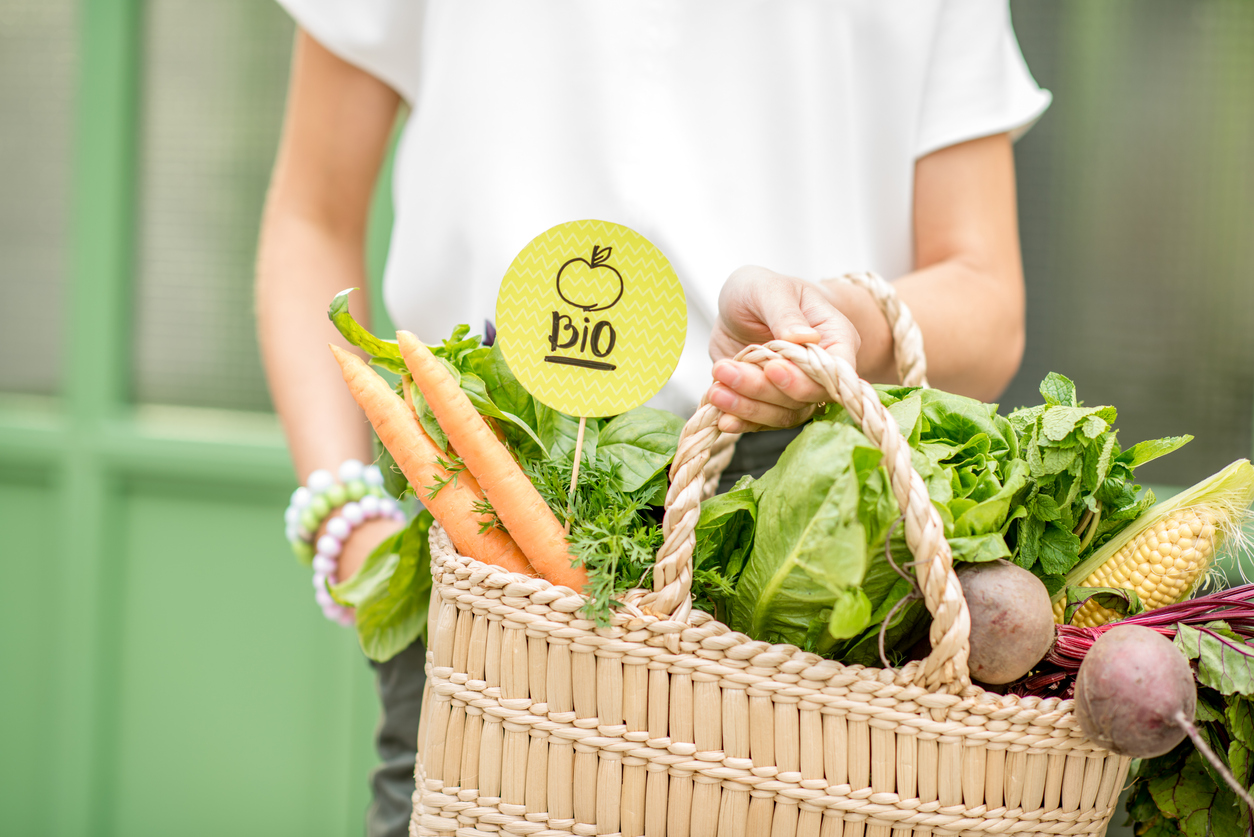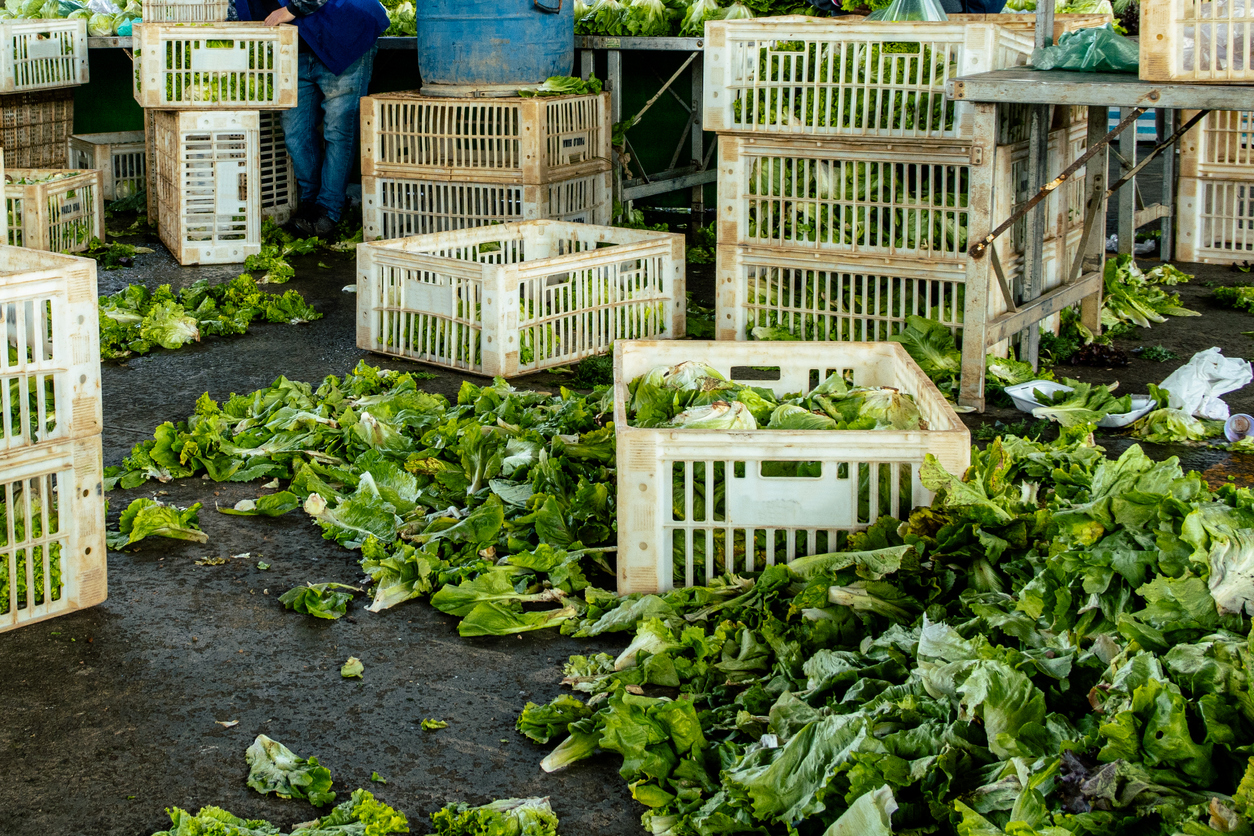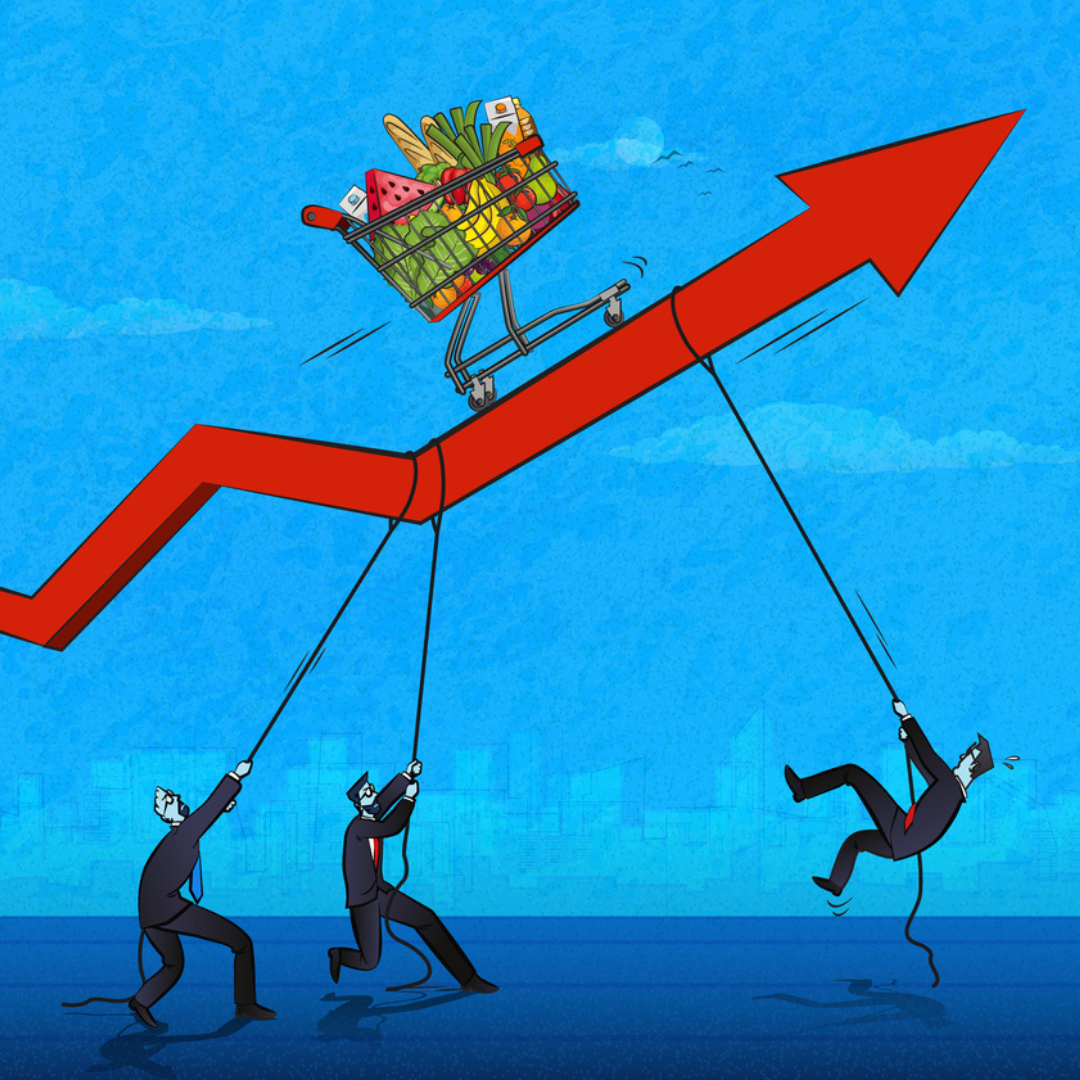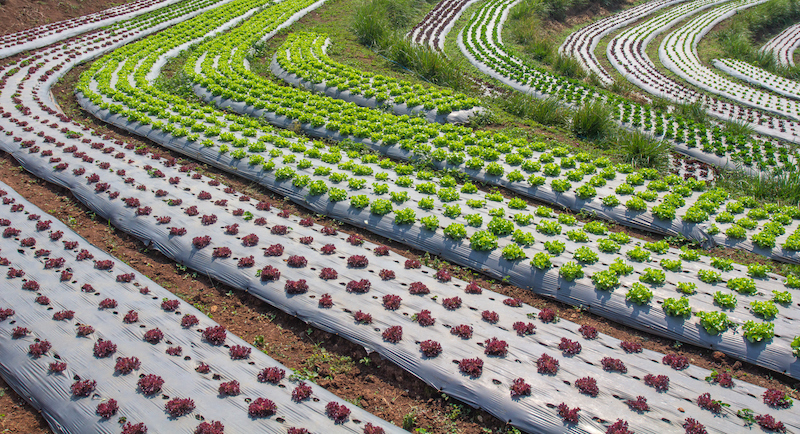Meat and dairy off the menu? How the government plans to meet climate targets
The UK Government has committed to reduce carbon emissions by 78% by 2035, and it has been specifically recommended by the Committee on Climate Change that meat and dairy consumption are reduced by 20% by 2030, rising to 35% by 2050 for meat only. What role do our eating habits have on the environment, and will cutting meat and dairy consumption help the meet climate targets?
Joining us to discuss these targets, and what change needs to happen for us to achieve them are Chris Venables, Head of Politics, Green Alliance and Dr Michael Clark, Researcher, Nuffield Department of Population Health, University of Oxford. We find out the state of the challenge the government has to meet climate change goals, and what behaviour change needs to be encouraged in order for it to happen.
About our guests
Chris Venables, Head of Politics, Green Alliance
Chris runs Green Alliance’s Political Leadership theme. He works to build the political momentum for bold and ambitious political action on the climate and nature crises. He manages the Climate leadership programme for MPs and joint UK-focused advocacy work with business and civil society.
He previously worked in the Houses of Parliament as the campaigns and political lead for Green Party MP Caroline Lucas on environmental issues. Before that, he led the work for the global health charity Medact on social and economic justice and worked in Brussels for a foreign policy think tank. He has been involved in grassroots organising and campaigning for over a decade. He has a BA in politics from the University of York.
Dr Michael Clark, Researcher, Nuffield Department of Population Health, University of Oxford
Mike’s research interests include the environmental, economic, and health impacts of food systems. He uses models to provide quantitative estimates on the current and projected impacts of the food system, as well as the potential benefits of changing the food system (e.g. by changing diets, or the rate at which yields increases).
Mike joined the Centre on Population Approaches for Non-Communicable Disease Prevention in August 2018, and is working on expanding the Centre’s food system model to incorporate biodiversity and economic outcomes in collaboration with the Wellcome funded projected “Livestock, Environment and People”, as well as with researchers from other departments across Oxford and international collaborators.
Mike holds a PhD in Natural Resources Science and Management from the University of Minnesota – Twin Cities, and studied biology and ecology at undergraduate level.















